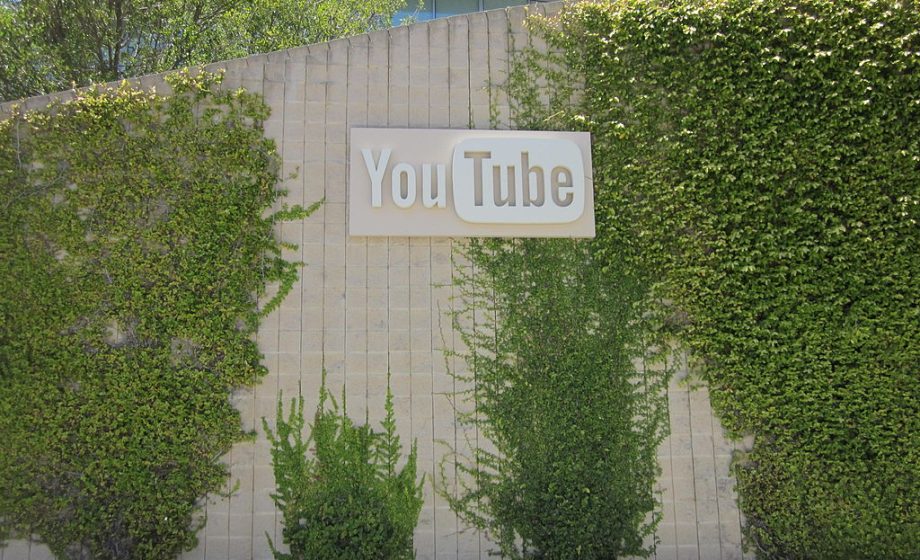YouTube will implement algorithm changes to its platform in the UK, reducing recommendations of conspiracy theory and junk science videos, according to Tech Crunch.
YouTube chief executive Susan Wojcicki said the changes will allow quality content “more of a chance to shine” and could reduce views of “borderline content” by 50 percent.
The changes were first trialed in the US, announced in January, in response to criticism that the platform helps amplify and accelerate the spread of conspiracy theories, false claims, and extremist political viewpoints.
The company altered its algorithm to recommend fewer videos that “could misinform users in harmful ways – such as videos promoting a phony miracle cure for a serious illness, claiming the earth is flat, or making blatantly false claims about historic events like 9/11”.
Now, it will bring those same changes to the UK, Ireland, South Africa, and other English-speaking regions.
When a YouTube user watches videos that fit a certain profile, the platform recommends related videos, a system which critics say can lead them down a rabbit hole of harmful content with no context for the recommendations. The platform, owned by Google, has faced heavy criticism for the potentially radicalizing effect this can have on impressionable users, and ultimately on society as a whole.
The company calls this category of material “borderline” content, since it “brushes right up against our policy line,” without crossing it, Wojcicki says.
They contend that on average, the platform mostly promotes mainstream content, and that the radicalizing effect only occurs in certain cases. But they’ve also acknowledged that they need to go further in ensuring that the algorithm doesn’t promote that content above authoritative sources.
However, a Huffington Post investigation in July suggested YouTube’s US algorithm changes had not stopped conspiracy theory content from spreading on the platform. And critics argue that any platform that recommends user-generated content to other users is essentially making editorial decisions, and should be regulated in the same way as traditional media companies.
The changes are now being implemented gradually in the UK and other regions. A spokesperson told Tech Crunch it may take time before users will notice a change.
In her quarterly letter to YouTube creators, Wojcicki emphasized the need to raise authoritative content over fringe content, especially when it comes to news, to remove content that violates their policies outright, and to “set a higher bar for what channels can make money on our site.” But she also highlighted the value of maintaining an open platform.
“A commitment to openness is not easy. It sometimes means leaving up content that is outside the mainstream, controversial or even offensive. But I believe that hearing a broad range of perspectives ultimately makes us a stronger and more informed society, even if we disagree with some of those views.”
Photo by BrokenSphere [CC BY 3.0 (https://creativecommons.org/licenses/by/3.0)]

